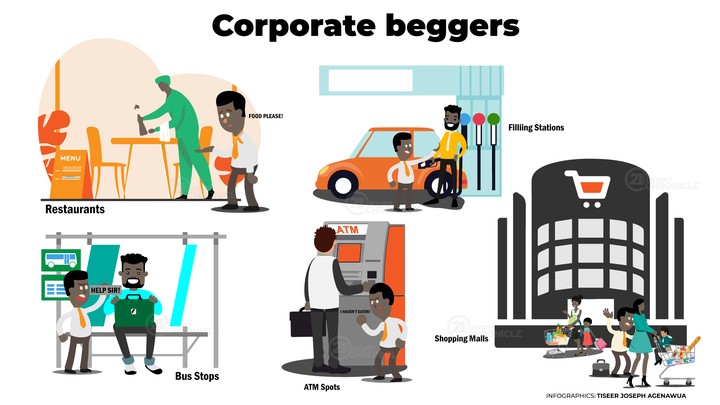The issue of street begging has become a major concern in Nigeria’s commercial hubs such as Lagos, Abuja, Onitsha, and Kano. These cities, known for their economic activities, are also witnessing an increase in beggars who line the streets, motor parks, and marketplaces. For many, begging has shifted from a survival tactic to a growing culture that thrives in busy urban centers.
While poverty and unemployment are major drivers, experts note that organized groups also exploit the situation. Some beggars operate under syndicates, making it more of a business than a desperate cry for help. This has sparked debates on whether begging should be strictly regulated or completely banned in order to restore order in Nigeria’s commercial spaces.
Beyond the nuisance it creates, the begging culture also raises safety concerns. Commuters and traders often complain about harassment and petty theft linked to street beggars. Many Nigerians now call for government action, including social welfare programs and vocational training, to reduce the dependence on begging as a means of livelihood.







